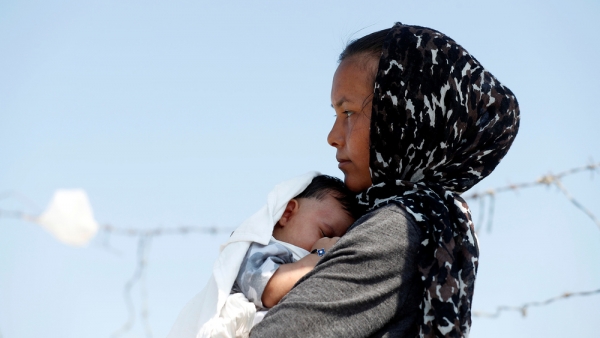The European Union and Afghanistan signed the Joint Way Forward agreement in 2016 to address the issue of irregular migration from middle-east countries, including Syria, Iraq and Afghanistan. The agreement facilitated the return of thousands of asylum seekers to their countries of origin, but the root causes of the problem were not tackled nor the conflicts still ongoing in those areas were considered. The EU is negotiating a further two-year extension of the agreement, which should expire on October 6, but the international community should find a better solution to the issue.
Despite ongoing negotiations between the Taliban and the Afghan government, Afghanistan is still experiencing violence, insecurity and poverty and, thus, is far from being able to support safe returns. Migrants and refugees who are sent back from Europe to Afghanistan are likely to face immediate displacement, either in Afghanistan or in neighbour countries. Contrary to common belief, the majority of Afghan refugees are hosted in neighbouring countries such as Turkey, Iran and Pakistan. While Iran and Pakistan host around 1.5 million Afghan refugees each, only 250,000 Afghans reached Europe seeking asylum between 2015 and 2016.
As underlined in the Global Compact for Refugees, the international community should tackle the deep causes of irregular migration, recognizing the heavy burden carried by neighbouring countries and pursuing shared responsibility. Arrangements based on the sole return of refugees are not a durable solution to the problem.
To read more, please visit:
Autore: Margherita Curti; Editor: Matteo Consiglio







